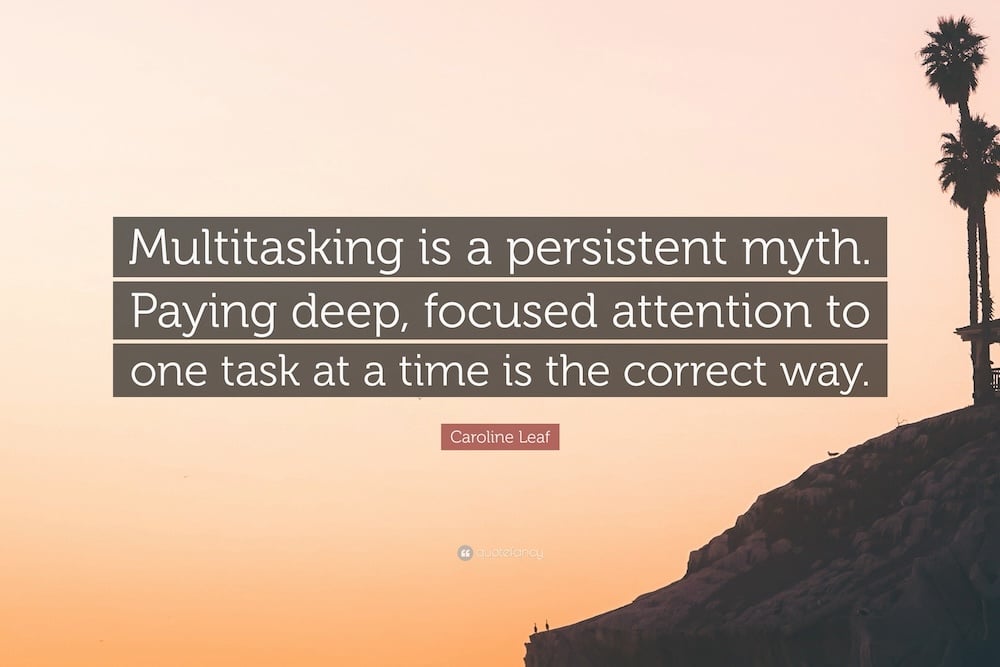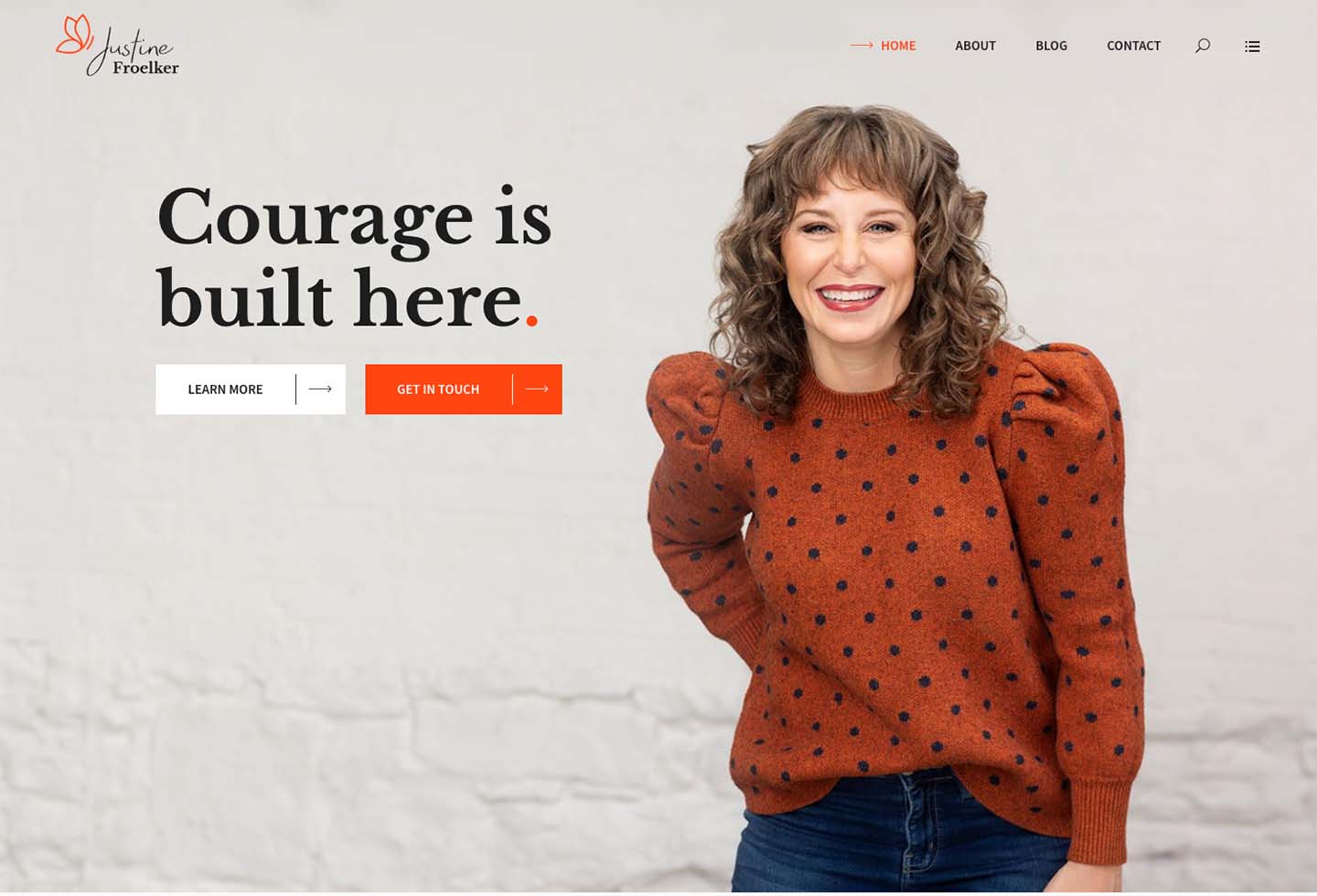Your cart is currently empty!
Are our habits helping?
I remember coming across a TikTok that said if you use the small utensils or sleep with your arms curled up under your chin, you might be neurodivergent. It made me pause. Back when I worked in private practice, a big part of my job as a therapist was helping people get a diagnosis—so their insurance would cover sessions, so I could use the right treatment protocol, and sometimes because having a label gave them a sense of understanding, a name for their struggles.
But the more time I spend outside of traditional mental health care, and the more healing I do on my own, the less attached I am to these labels. Maybe it’s because I believe everything, at its root, comes back to emotional repression and trauma. And as I dig deeper into that belief, I can’t help but feel seen by the neurodivergent label and sometimes ADHD, too. Sensory overload easily overwhelms me. I take in a lot—of everything—all the time. I feel deeply. I struggle with focus and finishing tasks. The list goes on.
If I’m being honest, I don’t always help myself either. Am I doing five things at once because I’m neurodivergent, or am I neurodivergent because I’m doing five things at once? Does it even matter? Because what I know for sure is that doing five things at once isn’t good for me. I don’t finish. I don’t do any of it well. I beat myself up. And none of the research backs multitasking anyway.
So, I put down the freaking phone. I disconnect. I focus on being fully present with the one thing I’m doing or the person who’s right in front of me. And it makes me wonder: how much of what we do to cope is actually the thing causing our struggles? How often are we standing in our own way?
Maybe it’s just me. And that’s okay. But I want us to stay curious. To get honest with ourselves. Are the things we’re doing actually helping? Are they aligned with our values? Do they keep us connected to ourselves and others? Because if they don’t, they’re not helping us be our most courageous selves.




